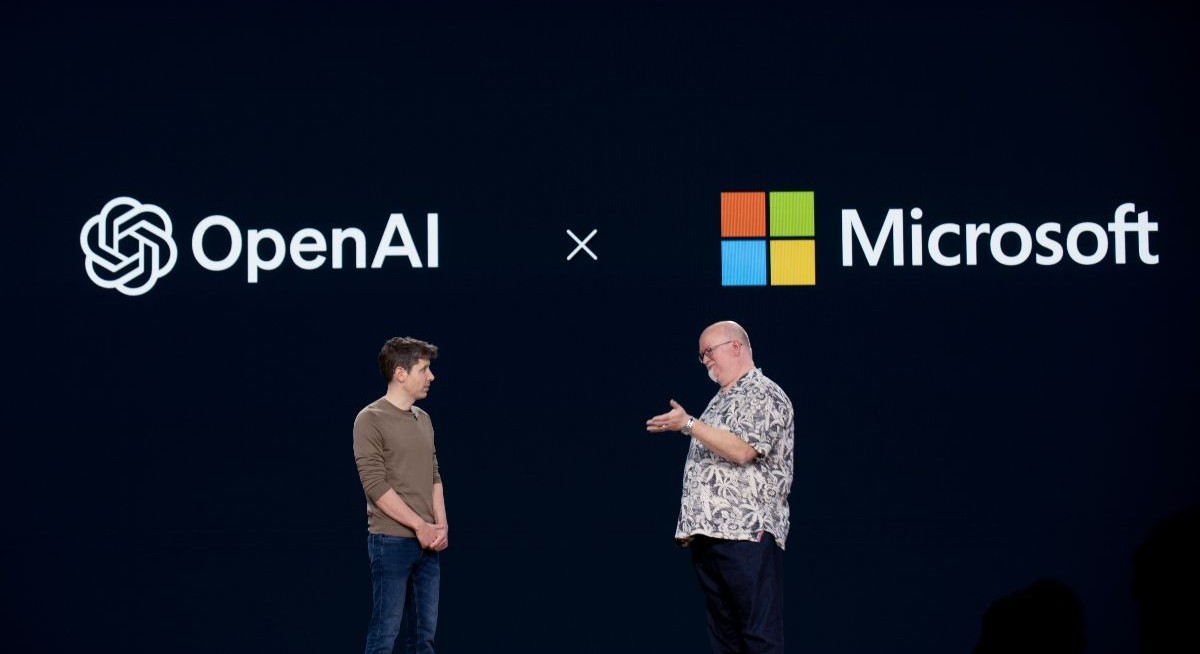Microsoft will also continue to be entitled to receive 20% of OpenAI’s revenue, according to people familiar with the matter, who spoke on condition of anonymity as the information is not public. But as part of the new pact, OpenAI can pay more later. In a blog post, the companies said a revenue share agreement remains in effect until an expert panel verifies AGI.
With the agreement, OpenAI said its corporate restructure is now complete. The company had spent much of this year working to form a more traditional for-profit company. Microsoft, which backed OpenAI with some US$13.75 billion, was the biggest holdout among the ChatGPT maker’s investors, Bloomberg News has reported.
“OpenAI has completed its recapitalisation, simplifying its corporate structure,” said Bret Taylor, OpenAI’s chairman, in a statement. “The nonprofit remains in control of the for-profit, and now has a direct path to major resources before AGI arrives.”
The restructuring had been under review by the state attorneys general of Delaware and California. In a statement, Delaware State Attorney General Kathy Jennings said her office had decided not to object to the for-profit shift after a long review process in which she and her California counterpart, Rob Bonta, urged OpenAI to give the nonprofit more control over the new for-profit entity.
See also: Nvidia-led boom set to turn chips into trillion-dollar industry
“This was a long and intensive negotiation—but I am pleased that OpenAI committed to a governance structure going forward that requires primacy for safety and security, and to utilize this technology and this corporation’s resources to benefit the public,” Jennings said in a statement. Representatives for Bonta’s office did not immediately respond to a request for comment.
The new for-profit unit will be a public benefit corporation called OpenAI Group PBC. It will continue to be overseen by a nonprofit entity, now dubbed the OpenAI Foundation. The nonprofit will receive a 26% equity stake in the company after the restructure, as well as a warrant that allows it receive an undisclosed amount of additional shares in the for-profit entity, if the latter’s share price grows more than tenfold after 15 years.
The foundation plans to use part of its equity stake, worth roughly US$130 billion at OpenAI’s current US$500 billion valuation, to focus on funding work to “accelerate health breakthroughs,” among other efforts.
See also: TikTok hit by EU ultimatum over addictive design dangers
Sam Altman, OpenAI’s co-founder and chief executive, is not getting a stake in the newly restructured company, according to OpenAI.
Microsoft shares jumped as much as 4.2% on Tuesday to US$553.72. Many on Wall Street had cited the changing OpenAI relationship as a serious point of uncertainty for the software maker.
Anurag Rana, an analyst at Bloomberg Intelligence, said that Microsoft keeping OpenAI’s intellectual-property rights for both products and models through 2032 “is the most important aspect” of the revised agreement. “Microsoft is using either OpenAI or Anthropic models in its Copilot products as it develops its own.”
One major sticking point in the months-long negotiations between Microsoft and OpenAI had been what happened once OpenAI had achieved AGI, or AI that outperforms humans at most economically useful tasks. Under the new agreement, the threshold must be verified by an “independent expert panel.” Once achieved, Microsoft will no longer get a cut of OpenAI’s revenue.
Microsoft is also losing its right of first refusal on new cloud infrastructure business from OpenAI. Azure had long been OpenAI’s exclusive provider, but Microsoft began allowing it to seek out services from other vendors like Oracle Corp. as long as it had an option to the business first. OpenAI will make an additional US$250 billion commitment to Azure.
OpenAI’s restructuring plans had faced other complications, including a lawsuit filed by Elon Musk, an early backer who split with the company and accused the startup of defrauding investors about its commitment to its charitable mission.
Microsoft’s access to OpenAI’s technology will not include consumer hardware, the companies said. OpenAI will also have the ability to “jointly develop some products with third parties.”




